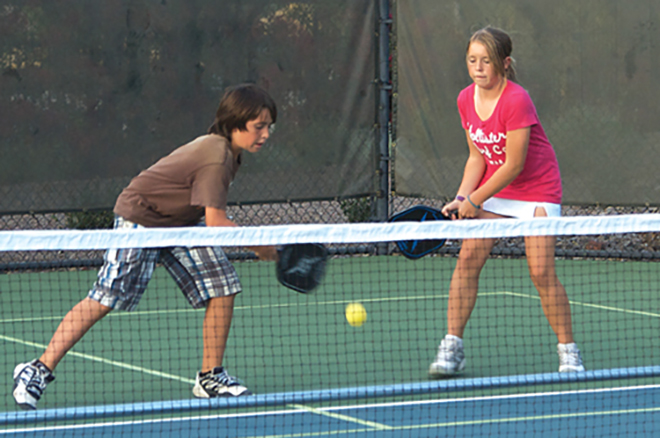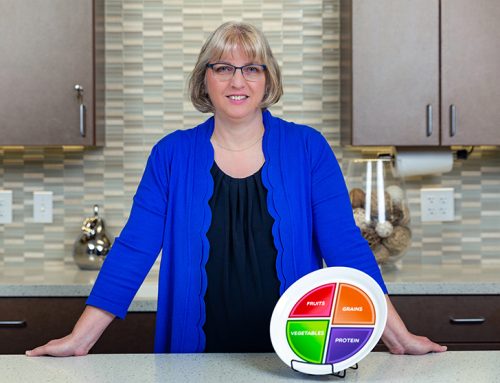By Brandy Aguilar
Pickleball courts are filling up quickly across the country and right here in the North Valley.
Athletes from all different age groups are pulling out their pickleball paddles to play a sport that combines elements of tennis, badminton, and ping-pong. A fast moving game that is keeping a lot of people in shape. Dr. Steven Kassman with Arizona Orthopedic Surgical Associates in Glendale, a division of OrthoArizona, had some tips to keep players from sitting out on the sidelines due to injuries. “People are more likely to get in trouble, twisted ankles, sprained knees because they just haven’t spent any time cross training or doing any strengthening for their legs,” Kassman said. “Zumba dancing or some other aerobics class that involves controlled side to side and vertical movement to improve lower extremity strength and agility can be good training options” Kassman said.
Stretching is also a good idea before hitting the pickleball court.
“It’s probably useful to first do some initial warm-up like brisk walking or light jogging,” Kassman said. “Once your muscles are warm, do some additional stretching before you start full participation.” Cross-training activities and stretching are not the only thing pickleball players should do when trying to stay injury-free.
Hydration plays a big part for any athlete no matter what sport they’re doing.
“General recommendation is 6 to 8 oz. of water every 15 minutes—more if it is particularly hot,” Kassman said. “Activities that extend over an hour should include a sports drink to help get electrolyte replacement.”
If an injury does occur there are some telltale signs and symptoms that suggest a professional evaluation might be in order.
The possibility of more serious injury is raised if a player feels or hears a pop in one of their joints like shoulder, knee or ankle.
This would be especially true if there was associated significant difficulty bearing weight, lifting the arm overhead, substantial bruising or swelling follow. “If they’re worried about the ability to return [to their sport], you can never be certain, but obviously there are a whole host of things that we [doctors] can treat effectively and often simply” Kassman said.
Early diagnosis means finding the appropriate treatment and usually more rapid return to play.






